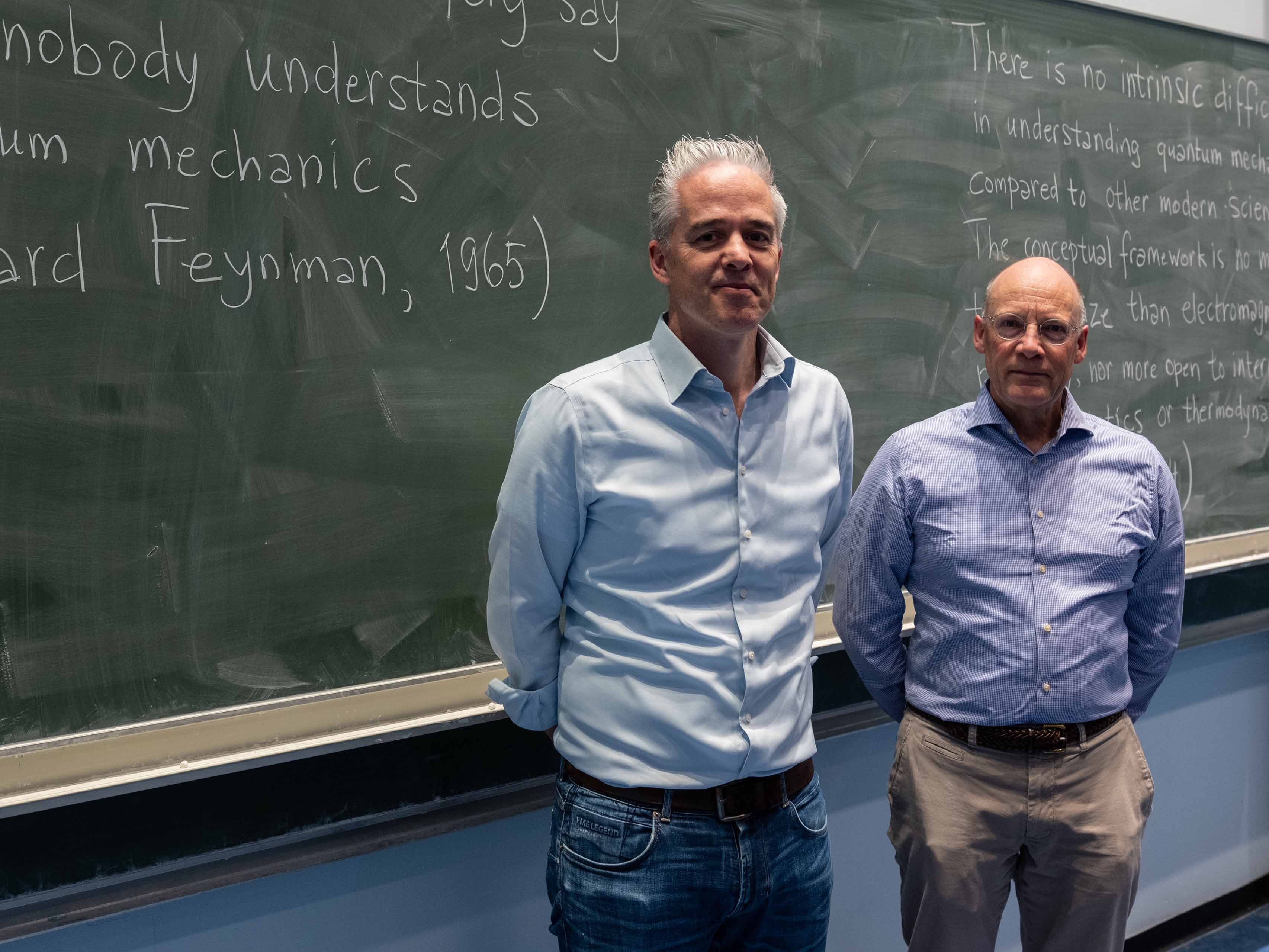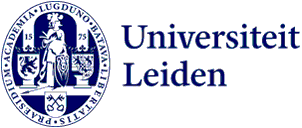
Why the world is quantum
During the Bachelor Honours Class ‘The world is quantum’, students from various disciplines learned about the rules of nature on the smallest scale: quantum mechanics. What opportunities and dangers do they see for their field of study?
Students from various disciplines – such as medicine, law, archaeology, and anthropology – gathered for the Studium Generale lectures on quantum mechanics. During this final meeting, they gave a presentation about what they had learned during the Bachelor Honours Class. They also discussed the relevance of quantum mechanics to their study backgrounds. And their conclusion came down to this: the world is quantum.

Paradise?
‘As soon as we have quantum computers, life will be paradise’, states one of the students during a presentation.
For example, a medical student explains that a quantum computer offers many possibilities to tackle complex problems in a shorter period. ‘If you can calculate down to the molecule what a patient needs, then that is revolutionary’, she said.
Crime: an end and a new beginning
It also creates new challenges within legal studies. Because privacy can be better secured with quantum computers. Information can only be accessed with one "key” when using a quantum computer. This means that our data can be much better protected. Hacking, and therefore internet fraud seems to be a thing of the past.
But this encryption also provides opportunities for criminals. No police officer will be able to find out what criminals are discussing online. While a lot of criminals will thus lose their well-paid "jobs", there are other criminals who will benefit from this.

More ánd less energy consumption
Then, a question arises from the audience about whether it's really more energy-efficient to use a quantum computer. ‘Yes, because quantum computers only need a fraction of the time that a regular computer takes for a calculation’, says lecturer Ivo van Vulpen.
But one of the students disagrees. With a normal computer, no attempt would be made to perform the calculation (due to the long time it would take). So, in theory, more energy would be consumed with a normal computer, but in practice, no energy is consumed at all with normal computers.
And then Van Vulpen raises another important question. ‘Are the high investments in quantum computers worth it?’ It involves millions of euros in Dutch research. The audience is clear: it is definitely worth it. But is throwing money at it enough? No, says Van Vulpen. The most important thing? ‘Creativity and ideas'. Luckily, the students certainly had that covered.

What are quantum mechanics?
The theory describes the behavior of particles (or nature) on a very small scale and includes the idea that an object can be both a particle and a wave that can be in multiple places at once. Two particles can be 'entangled' with each other, even if they are at great distances.
One of the most important aspects is the development of the quantum computer. Regular computers are based on so-called 'bits', elements in a computer that can either be 0 or 1. Calculations on these computers can take a long time. An alternative is a computer that does not have bits, but qubits. With qubits, elements are not 0 or 1, but 0 and 1 at the same time. It's a bit more complicated, but this is what it comes down to according to teachers Ivo van Vulpen and Peter Denteneer.
Text: Krisz Lucke
Photography: Eric van den Bandt
